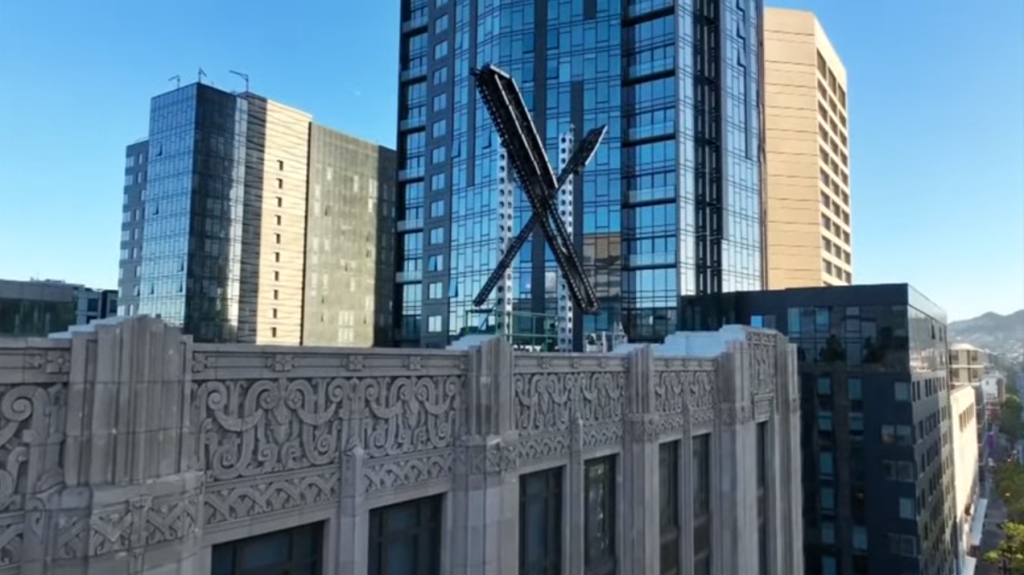Israel-Hamas conflict is swarming X with disinformation – and they can’t keep up
The immediacy and massive engagement with the subject have led to issues with the proliferation of unverified videos and images falsely attributed to the current conflict.

The Israel-Hamas conflict has led to a proliferation of disinformation on social media platforms, particularly on X (formerly known as Twitter). This disinformation includes videos taken out of context, mischaracterised images, and false claims, all contributing to the conflict’s confusion and tension.
Much of the primary footage emerging from the conflict was posted first on Telegram’s encrypted message platform. It was then taken and reshared on other platforms without being fact-checked first or taken out of context to suit the narrative being pushed by the poster (see some examples here). The situation is so tricky on X now that even seasoned open-source intelligence (OSINT) fake accounts are duping researchers. Elon Musk, the former X CEO, also took to the stage to recommend ‘good’ OSINT accounts but quickly deleted his post after multiple users highlighted faults with the accounts’ reporting.
Verified content or primary sources have become virtually impossible to find on the platform. Instead, paying users now receive the blue checkmark previously reserved for news organisations and verified individuals, and their content is amplified. This has also contributed to making it easier for unverified information to spread.
To rail in disinformation, X has flagged several posts as misleading or false. However, while some of the posts that went viral had warning labels applied to them, dozens of posts with the same video and caption were not flagged by X’s system. This inconsistency in flagging misleading content has raised concerns about the platform’s ability to effectively combat disinformation.
Why does it matter?
This is not the first time X, or Twitter has had issues with content moderation in the region. In 2021, Palestinian authorities accused X of censoring their content, which occurred when Israeli police stormed the Al-Aqsa Mosque compound after a Palestinian protest turned violent, leading to two weeks of conflict. The scale and speed at which disinformation was being seeded about the conflict is unprecedented, and experts believe that this is primarily the result of changes made to the platform over the past year, including Musk’s decision to fire most of the people responsible for tackling disinformation. In addition, X’s removal of headlines from items posted to the site last week (a decision from Musk ‘directly’) has exacerbated the misinformation problem.

